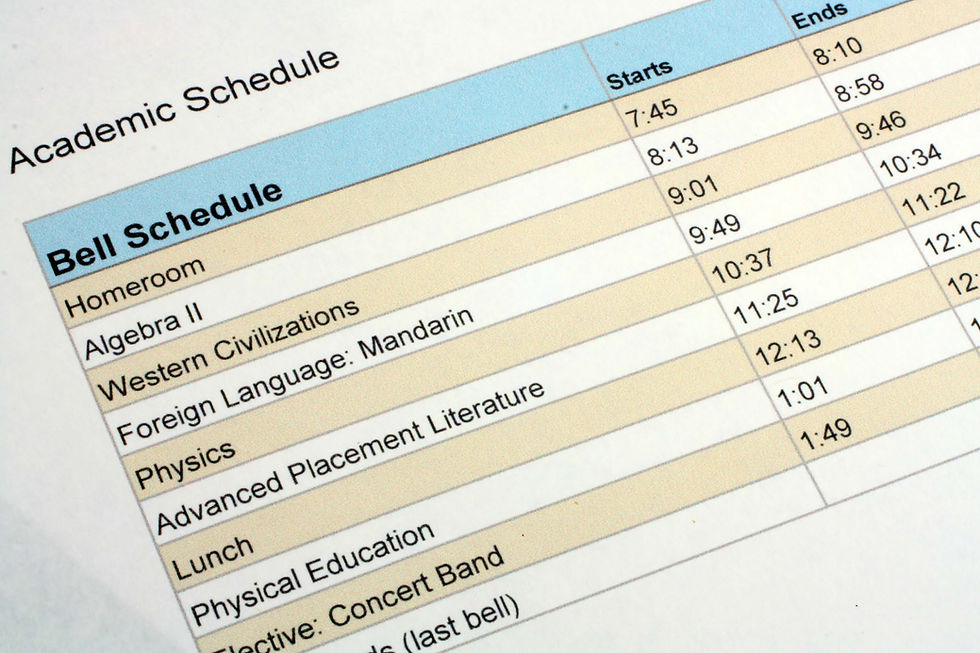How to Research a Campus BEFORE the Visit and Eliminate Wasting Time and Resources
- betsygreaney

- Jan 22, 2025
- 2 min read
Updated: Apr 18, 2025

Frequently, when I talk to family members who have spent time and money visiting campuses, their main impressions are limited to the architecture of the buildings and food court menus. Let's do better!
Underwrite the campus for cost and admission with your student first - This is an opportunity to teach your student how to be a good consumer. See how to underwrite a school with data.
Know your budget and stick to it
Run each school's net price calculator
Understand your student's academic profile and avoid unrealistic expectations
Identify "must-have" criterion - Thinking beyond location and size helps students become more introspective.
We love this free tool to give students ownership in the process
Campus Culture
Educational culture
Student Resources -
Academics
Extracurricular Activities
Residential Life
Require student research - Keep it simple and ask your student to select a few "must-have" criteria and enter those keywords into the school's search engine. Underwriting the school first for cost and admission makes adding more filters to research manageable.
Online tours - Take an online tour of campus and buildings - rec centers, student union, dining
Program of study - Review core and program curriculum - This also helps students understand what high school requirements are necessary to prepare. For example, let's say a student is interested in construction science. Understanding if that program is located in the College of Engineering, Agriculture, or Architecture can significantly affect required courses.
Fiske Guide to Colleges - Go old school and buy the Fiske Guide to Colleges. This $14 paperback investment provides the student with a candid view of academics and student life. While some of this information can be found online and for free, the content is readable, easy to digest, and a good first place to start after the underwriting process.
Schedule the visit - Schools offer self-guided and guided tours. Pick whichever style you are comfortable with, and consider any special days that provide further access to your student's program of study—book well in advance, particularly if you are visiting during peak periods. Make a list of items you can't determine other than on campus. For example, if most students move out of dorms after freshman year, they need to know where off-campus housing is located and do some drive-bys.
Make a purposeful list - Make a list of criteria you can't find online to get information while you are there.
Vibe and Feel - Make a point to interact with students
Layout - Distance between classes, particularly from where most classes are in your major. Can you walk or do you need to take a bus?
Housing - If most students live off campus after freshman year, where do they live?
Neighborhood and Surroundings - Is there life off of campus? What is integration between the community and students?
Running out of time or in need of guidance? We are here to assist.




Comments